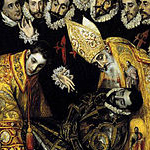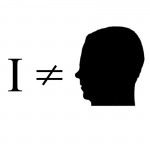 In a remarkable book, Surviving Death, Mark Johnston reaches several surprising conclusions about persons and personal identity. One of them, as the title implies, is that persons can survive their biological deaths. This claim does not depend on the existence of anything resembling an immaterial, substantial soul; Johnston’s account of post-death survival is entirely naturalistic.
In a remarkable book, Surviving Death, Mark Johnston reaches several surprising conclusions about persons and personal identity. One of them, as the title implies, is that persons can survive their biological deaths. This claim does not depend on the existence of anything resembling an immaterial, substantial soul; Johnston’s account of post-death survival is entirely naturalistic.
Johnston has packed a lot into five long chapters, originally presented as a Carl G. Hempel lecture series at Princeton. I am impressed by the stamina of the audience, who attended to what must have been a full week of close and often counterintuitive argument and stayed to ask penetrating questions. I doubt I could have followed it all—and so, am grateful to have the lectures in printed (actually e-book) form, for they are rich with insight.
Having read Johnston’s 1997 attack on Parfit’s neo-Lockeanism, “Human Concerns Without Superlative Selves,” I had pegged him as a ‘conservative’ about personal identity. But Surviving Death reveals a theory of personhood as radical as any. Continue reading “Anatta to Agape – Mark Johnston’s Surviving Death”



 We are not Cartesian egos. We are not biological organisms either.
We are not Cartesian egos. We are not biological organisms either.